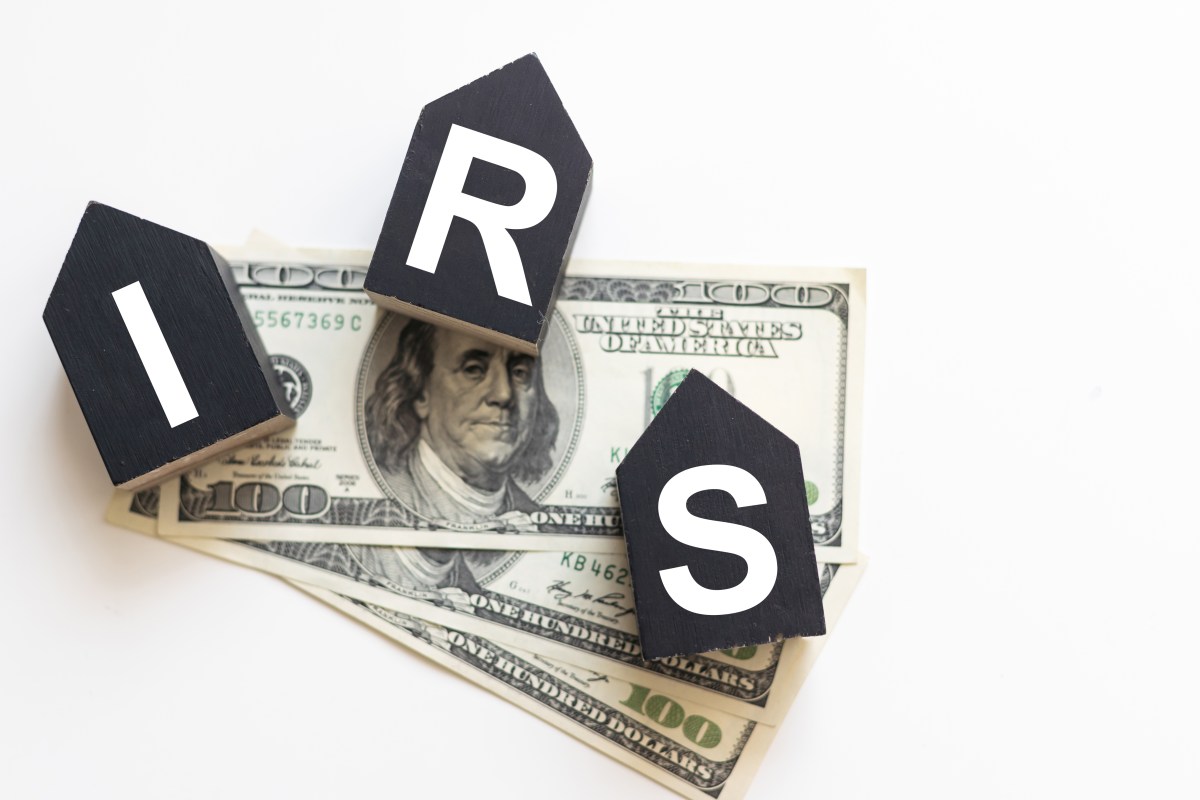Overpaying the IRS? How to Reclaim Your Money
Millions of taxpayers overpay the IRS each year, often without realizing it. Whether due to overlooked deductions, incorrect withholdings, or unclaimed credits, these overpayments can amount to thousands of dollars left unclaimed. Experts suggest that proactive steps—including reviewing past returns and adjusting withholdings—can help individuals recover these funds. Here’s how to ensure you’re not missing out on your rightful refunds.
The Scope of the Problem: Billions Overpaid Annually
According to the National Taxpayer Advocate, Americans overpay an estimated $1 billion annually in federal taxes. A 2022 IRS report revealed that nearly 25% of taxpayers fail to claim at least one deduction or credit they qualify for, with common oversights including education credits, childcare expenses, and retirement savings contributions.
“Many taxpayers operate on autopilot, especially with withholdings,” says Laura Simmons, a certified public accountant specializing in tax compliance. “They assume their employer or tax software has it covered, but small errors compound over time.”
Common Reasons for Overpayment
Understanding why overpayments occur is the first step toward reclaiming funds. Key factors include:
- Incorrect W-4 withholdings: Outdated forms lead to excessive tax withholding from paychecks.
- Unclaimed deductions: Home office expenses, medical costs, or charitable contributions often go unreported.
- Missed credits: The Earned Income Tax Credit (EITC) and Child Tax Credit are frequently overlooked by eligible filers.
- Filing status errors: Choosing “single” instead of “head of household” can result in higher tax liability.
Steps to Reclaim Overpaid Taxes
1. Review Past Tax Returns
The IRS allows taxpayers to amend returns up to three years from the original filing date. Form 1040-X can correct errors and claim missed refunds. “I’ve seen clients recover $500 to $5,000 by amending just one return,” notes Simmons.
2. Adjust Your Withholdings
The IRS’s Tax Withholding Estimator helps employees update their W-4 forms to align withholdings with actual tax liability. Freelancers and gig workers should make quarterly estimated payments to avoid underpayment penalties while preventing overpayment.
3. Leverage Professional Help
Enlisting a tax professional or using IRS Free File can uncover overlooked opportunities. “Tax laws change yearly,” says Marcus Rivera, an enrolled agent. “What you didn’t qualify for last year might apply now.”
Potential Challenges and Considerations
While reclaiming overpayments is straightforward in theory, delays can occur. The IRS faces backlogs, with amended returns taking up to 16 weeks to process. Additionally, some states have shorter amendment windows than federal law.
Critics argue the system places too much burden on taxpayers. “The IRS has the data to correct overpayments automatically,” says Rivera. “But until that changes, vigilance is key.”
Looking Ahead: Proactive Tax Planning
To avoid future overpayments, experts recommend:
- Conducting an annual tax checkup, even if your income hasn’t changed.
- Keeping meticulous records of deductible expenses.
- Using IRS tools or a tax advisor to optimize withholdings and credits.
With billions in unclaimed refunds annually, taking action could put significant money back in your pocket. Start by reviewing your last three tax returns—you might be surprised at what you find. Need help? The IRS’s website offers free resources to begin your claim.
See more CNBC Network



